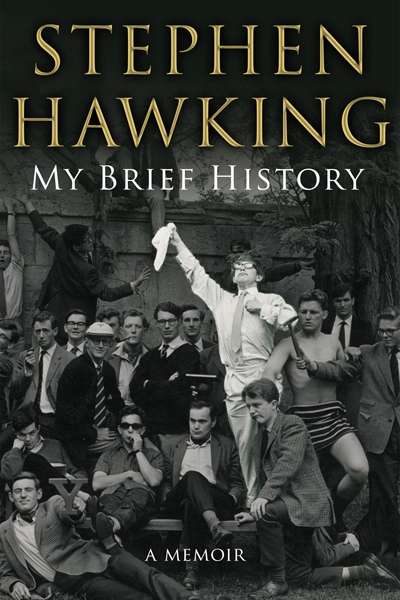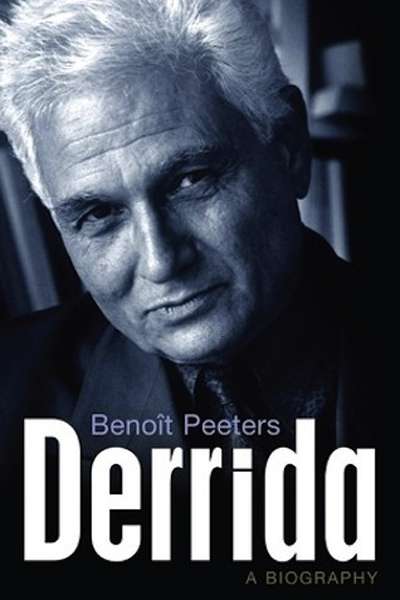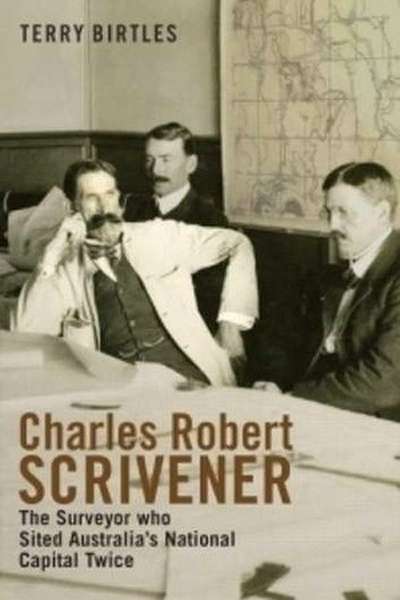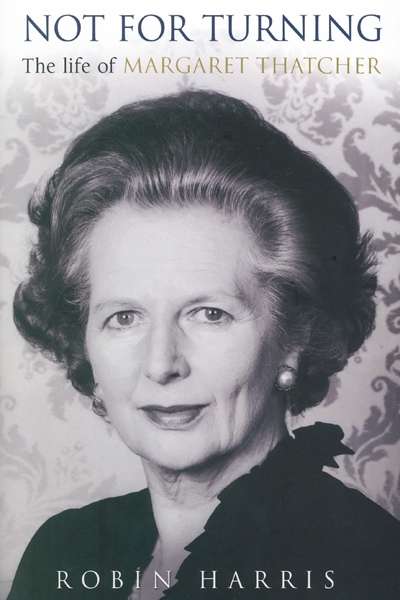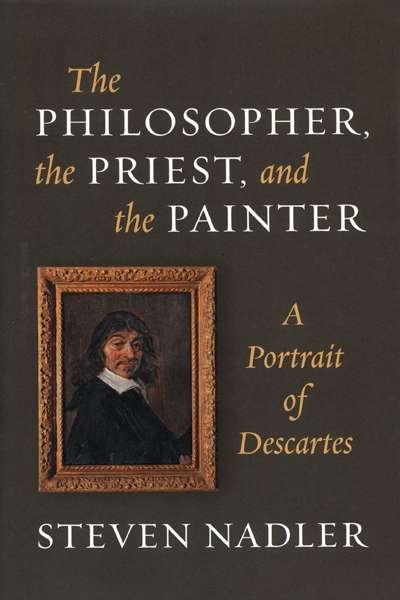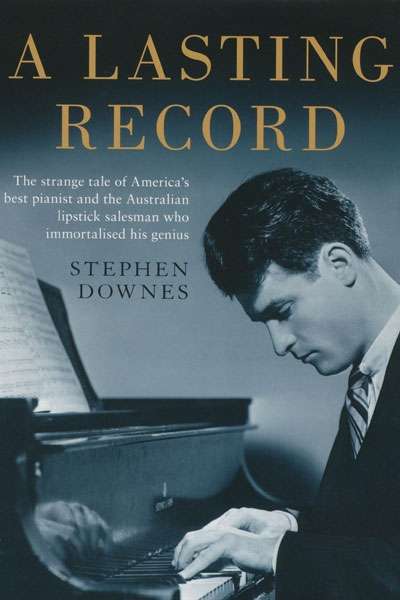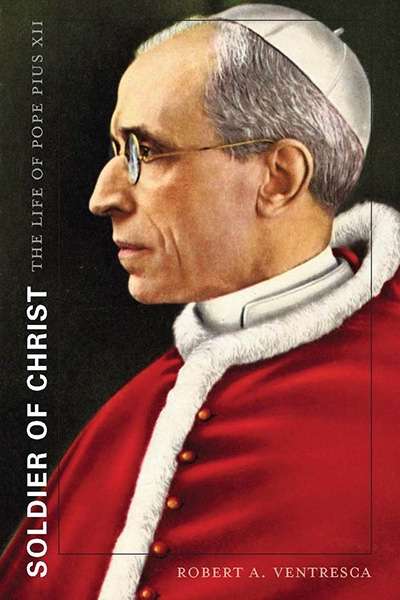Biography
Derrida: A Biography by Benoît Peeters, translated by Andrew Brown
by Shannon Burns •
Charles Robert Scrivener: The Surveyor who Sited Australia's National Capital Twice by Terry Birtles
by Richard Broinowski •
Not for Turning by Robin Harris & Margaret Thatcher by Charles Moore
by James Walter •
The Philosopher, the Priest, and the Painter: A Portrait of Descartes by Steven Nadler
by Stephen Buckle •
W. Macmahon Ball: Politics for the People by Ai Kobayashi
by Lyndon Megarrity •
A Flower Between the Cracks: A Memoir of Love, Hope and Disability by Helen Sage
by Jay Daniel Thompson •
Soldier of Christ: The Life of Pope Pius XII by Robert A. Ventresca
by Ray Cassin •

